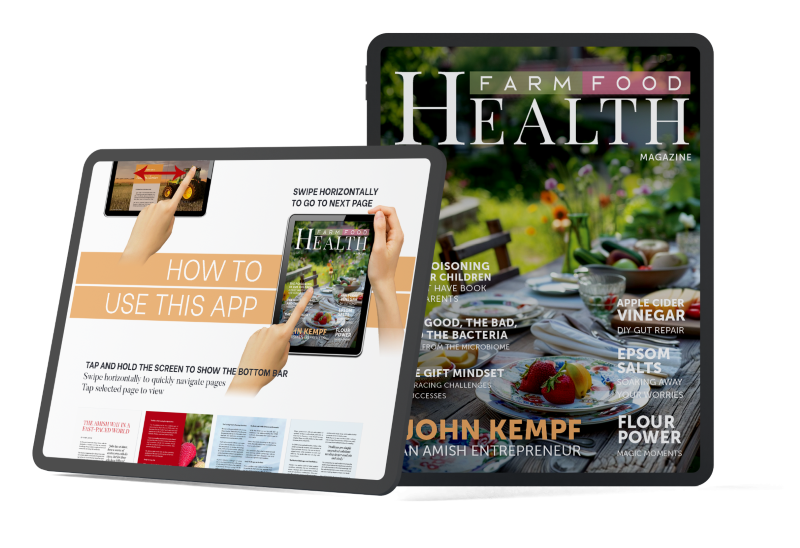Sweet Deceptions: Dietitians Reveal the Truth Behind 10 Common Sugar Myths

In the landscape of nutrition, sugar is often cast as the villain—an element that is solely responsible for a multitude of health issues. However, registered dietitians Mary Matone and Meredith Rothhart aim to clarify the complexities surrounding sugar. In this article, we’ll unpack ten common myths about sugar that often cloud public understanding and highlight the nuances that experts want consumers to appreciate.
1. Sugar is Bad for You
The blanket statement that “sugar is bad” is misleading. While excessive consumption of refined sugars is linked to various health problems, the truth is that our bodies need sugar as a source of energy. When we consume food, our bodies convert sugars and starches into glucose, which is vital for cell function, particularly for our brain.
2. High Fructose Corn Syrup is the Worst Kind of Sugar
While high fructose corn syrup (HFCS) is often demonized, it is not necessarily worse than regular sugar. Both HFCS and table sugar contain similar components—glucose and fructose. The key takeaway is the quantity you consume rather than the type. Moderation is crucial regardless of sugar type.
3. Honey and Agave Are Healthy Alternatives to Sugar
Many believe that natural sweeteners like honey and agave syrup are healthier than regular table sugar. However, these alternatives are still sugars. They may offer minor health benefits when consumed in small quantities, but substituting them in large amounts won’t significantly alter the impact on your health.
4. Sugar Makes You Hyper
One common myth associates sugar consumption with hyperactivity, especially in children. Research shows that sugar does not cause hyperactivity. Instead, it may lead to a temporary energy spike followed by a "sugar crash," resulting in fatigue, which people often misinterpret as hyperactivity.
5. You Should Cut All Sugar from Your Diet
Demonizing sugar to the point of complete elimination is not advisable. Our bodies require glucose for energy. Instead of cutting sugar entirely, focusing on the type and amount can be far more beneficial for overall health. Removing all sugar may lead to cravings and negatively impact your relationship with food.
6. Artificial Sweeteners Are Healthier Than Sugar
This statement varies in truth depending on individual health goals. While artificial sweeteners can be lower in calories than sugar, excessive or long-term use might affect hunger hormones, potentially leading to increased appetite and overeating. Balance and moderation should be prioritized when considering sweeteners.
7. Sugar is Only Found in Sweet Foods
Sugar is present in a variety of foods, not just sweets. Carbohydrates such as bread, pasta, and even sauces contain sugars. It's important to read nutrition labels to understand where sugar is coming from in your diet.
8. Sugar is Addictive
While enjoying sugar can trigger the release of dopamine, creating a pleasurable feeling, addiction implies a compulsive need for a substance, which sugar does not qualify as. Cravings for sugar can stem from emotional responses and the way certain foods affect blood sugar management, but they do not indicate true addiction.
9. All Sugars are Created Equal
This myth oversimplifies the truth. Sugars vary in their source and nutritional value. For example, sugars from fruit come with vitamins, minerals, and fiber, which are incredibly beneficial. In contrast, refined sugars lack these nutrients and can lead to negative health impacts when consumed in high quantities.
10. Sugar Is the Root of All Health Problems
While excessive sugar intake can lead to health issues such as diabetes and obesity, it is not the sole culprit. A balanced diet, lifestyle choices, and overall dietary patterns play significant roles in health. Sugar should be viewed as part of a larger context of nutrition and not vilified in isolation.
Conclusion
Understanding the complexities surrounding sugar can empower consumers to make informed dietary decisions. By debunking these common myths, dietitians like Matone and Rothhart encourage a more nuanced view of sugar—one that promotes moderation and balance rather than fear. Embracing the reality that sugars serve a purpose in our diet allows for a healthier relationship with food and more sustainable eating habits.
We publish a quarterly magazine available in IOS, Android and Web reader. Stories and articles curated from amazing people all around the world.



